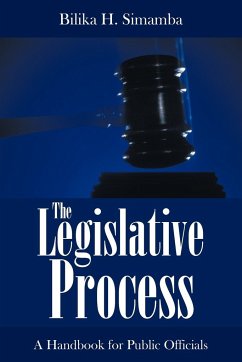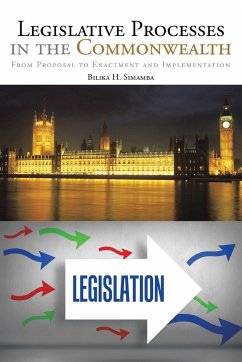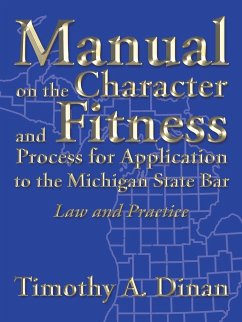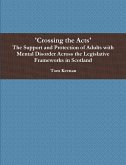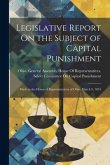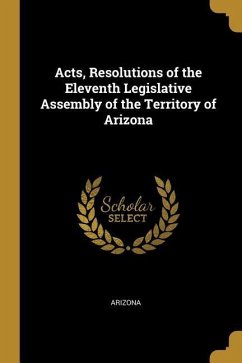People are generally aware that legislation is introduced through Bills that are sent to the legislature, usually by the executive, and then passed into law. Few, however, are familiar with the processes that precede the submission of a Bill to the legislature. In fact, what eventually comes to the legislature is the product of long, often laborious processes, which go on for weeks, months and even years. To ensure that the civil servants and others who may be involved in shaping proposals are able to candidly express their views on policies that are being developed and refined, the deliberations on the executive side of government traditionally take place in secrecy. Mainly for that reason, the processes are not well known to the general public and even to some activists who lobby for or against legislation. This book, written by a lawyer who has long experience participating in these processes, gives rare insight into how legislative proposals are conceived, developed and finally written into the law. It also contains easy-to- understand technical information that explains the significance of certain features of statutes. Further, it deals with other matters that follow after enactment including publication, entry into force, application and much more.
Bitte wählen Sie Ihr Anliegen aus.
Rechnungen
Retourenschein anfordern
Bestellstatus
Storno

